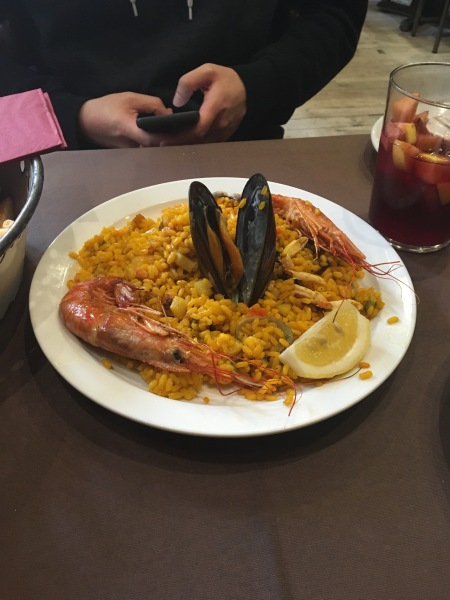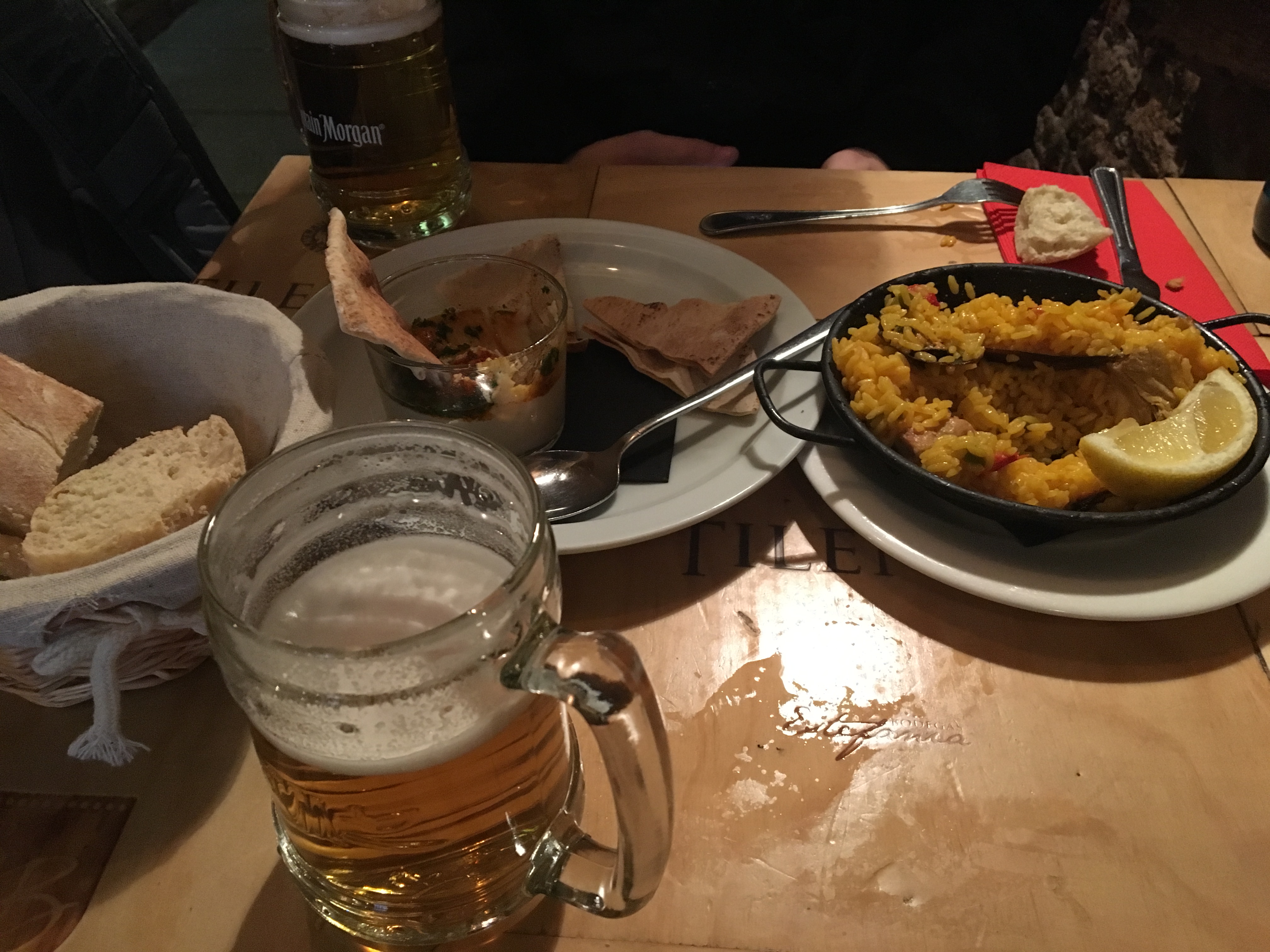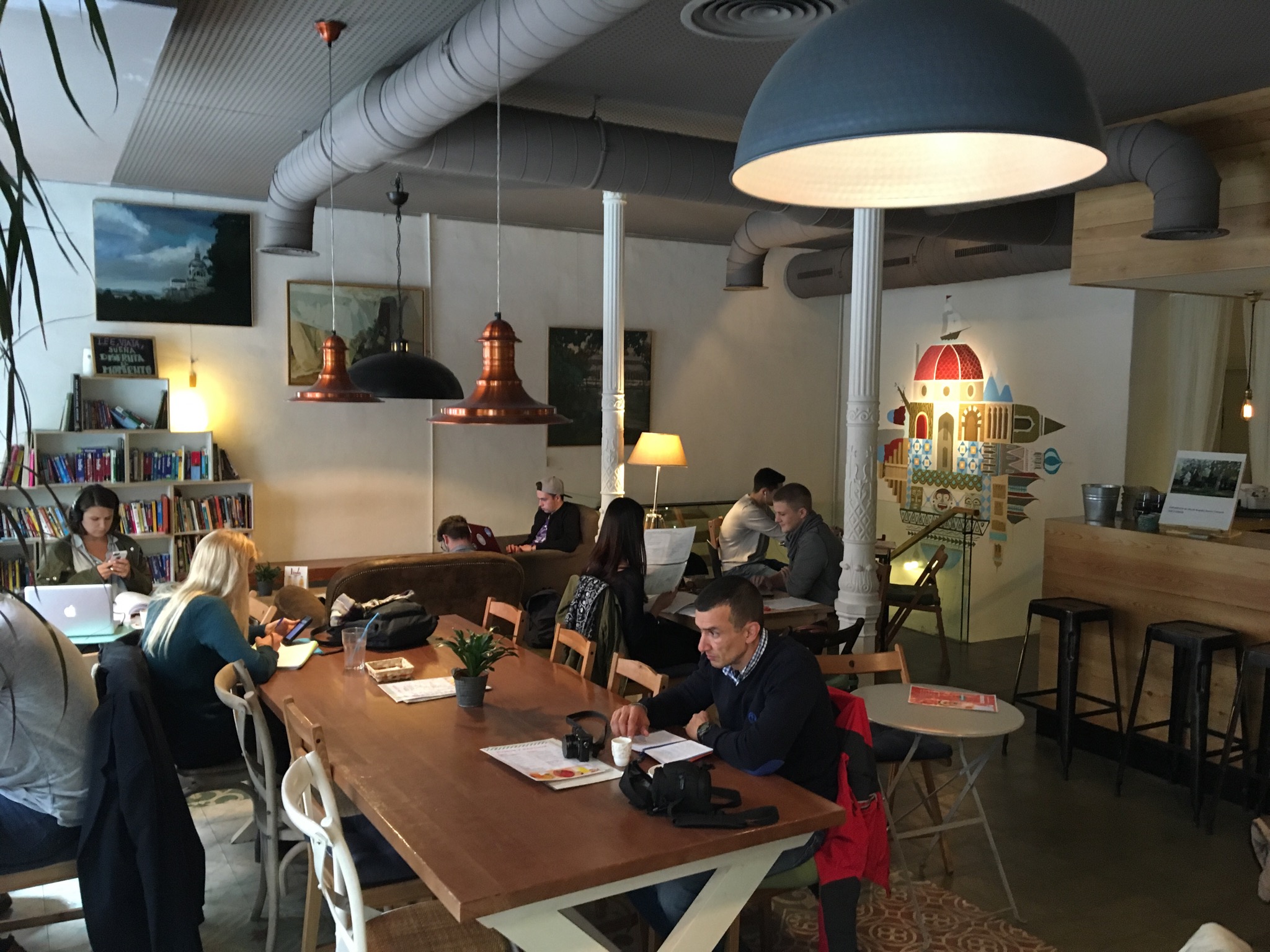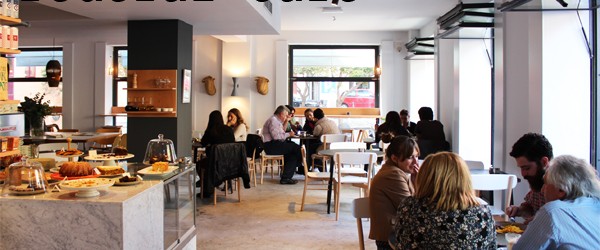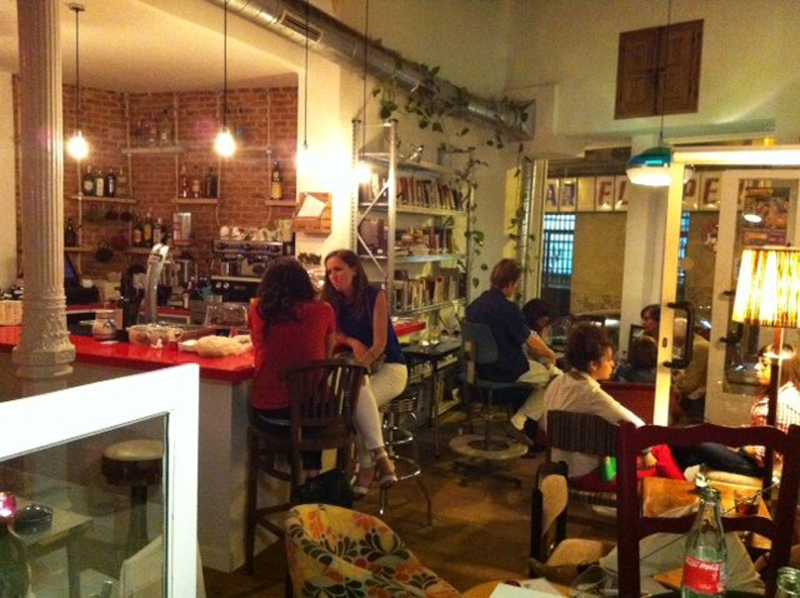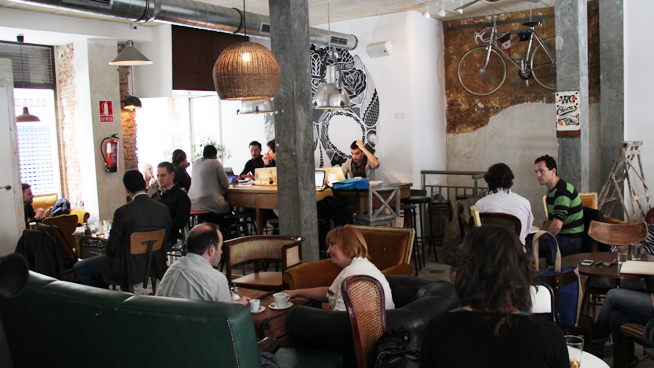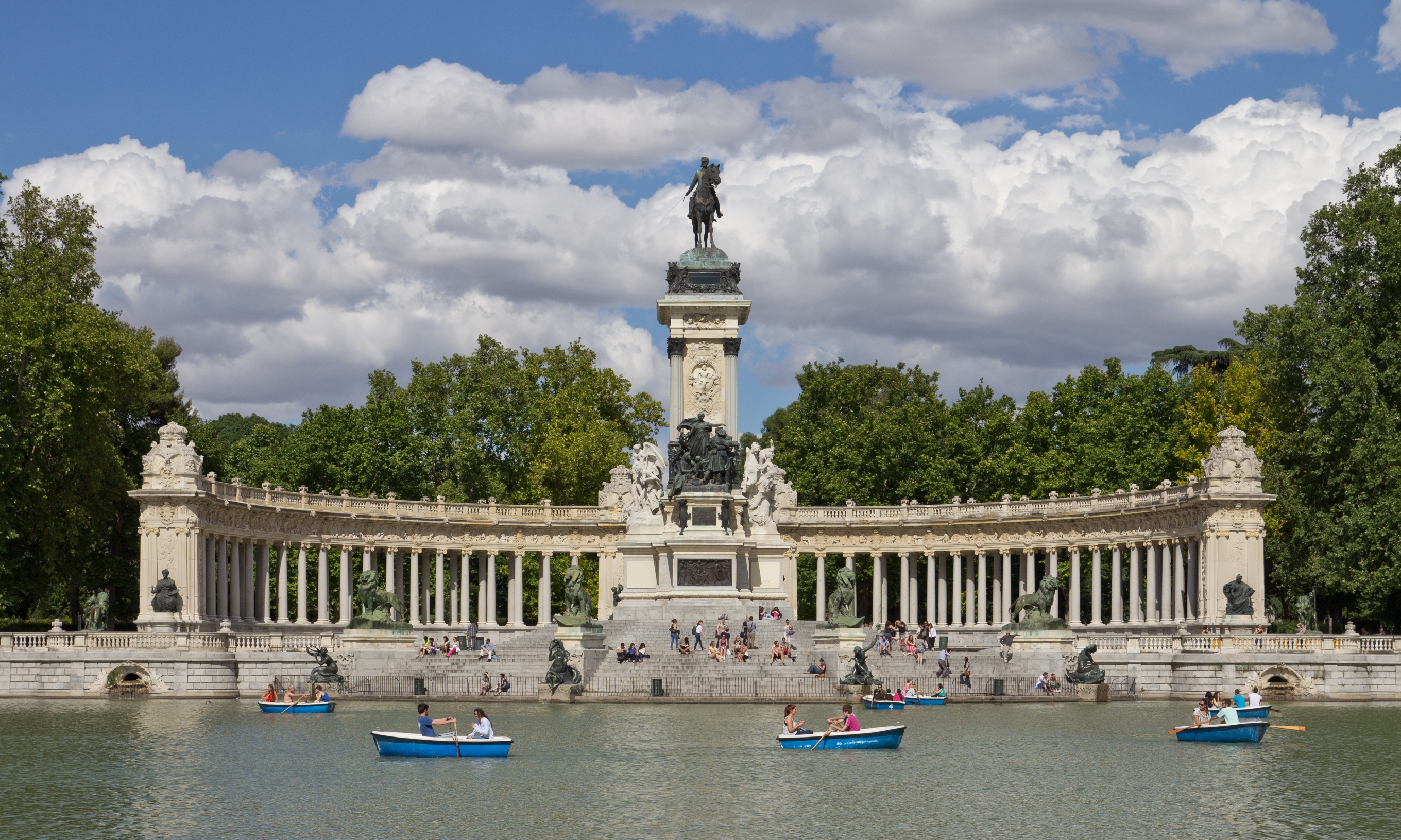1. People
are not as different as we think
Living in a
rather insulated country like the United States, it’s very easy to acquire an
“us vs. them” mentality. We often see
the world through our ethnocentric lenses, and judge other cultures in
comparison to our own. This is natural, but it is a grave mistake if left
unchecked. Sure, there are real cultural and societal differences between
different countries, and oftentimes the differences are great, but one thing I
learned by spending so much time around non-Americans is that at the end of the
day, we are all much more alike than we believe. I mean, after all, we are all
human, with the same base instincts and biological drives. Whether a person I
met was from Brazil, Spain, Germany, or Turkey, they wanted things similar to
what I want: to enjoy being young, to find a career they love, to travel and
see new things, to be happy.
2. The
perception of the U.S. is far from cut-and-dry
Before arriving in Europe, I knew
that people abroad had varying opinions of our country, but I came to realize
just how nuanced these views can be. Lots of people I came across seemed to
have a favorable opinion of the U.S., or at the very least they were just
interested in our culture and cities. But many others had a rather negative
opinion, citing our involvement abroad, especially recently in the Middle East,
and our air of global superiority among other things. I personally took no
offense at these opinions, because I enjoy hearing outside views that
challenge some of my own, but I was nevertheless surprised by some of the
scathing perceptions.
3. Travel
is one of the greatest things there is, but it’s not always easy and not always
glamorous
If you have an open mind, an
adventurous spirit, and a yearning to meet new people, then the old cliché
holds true: travel is one of the greatest experiences there is. However, living
in a different country isn’t always fun and games. It can be frustrating not
always being able to speak what’s on your mind; it can be scary at times being
far away from everyone you’ve ever known; and the cultural differences can be
overwhelming. But instead of being a downside to travel, I believe this is what
ultimately makes travel enjoyable and meaningful. It’s one thing to take a
vacation-like trip to a country and ride the euphoric high of all of the
novelty and interesting things for a few days. You never really have to
overcome and serious obstacles and the whole experience is temporary and fun.
But when you live in a new country for an extended period of time, you’re going
to have ups and downs, because as the Buddha once said, “Life is suffering”,
and that suffering (bad days, challenges, etc.) isn’t going to stop just
because you’re in a cool new place. But I found that rather than worsening my
experience, these challenges actually enhanced it and endeared my host city to
me. By going through the trials and tribulations of daily life in Madrid, I
felt like I was actually living there, not just a visitor passing through.
Retiro Park became my escape when I needed to walk and think; my go-to café
became my work sanctuary, where I could order my café con leche and get down to business; my gym became a place of
rejuvenation.
4. There’s
a big difference between living and visiting/vacationing in a new place
Frankly, after writing this piece,
I realized how similar this point is to the last one, but I‘m going to leave it
anyway because I think it deserves reiteration. This is something that became
very clear to me after leaving Madrid a couple times to spend a weekend in
another place. While visiting somewhere, you’re usually in vacation mindset and
most everything is new and fun. You know you’ve only got a few days or a week in
this place so you make the most of it and pack your days with fun activities.
But actually living in a new city, no matter how much fun and how many
interesting things there are, always involves ups and downs. After the initial
honeymoon phase wears off, and some sense of normalcy sets in, life as usual
resumes. Now, this isn’t to say that living longer-term in a new city or
country gets exponentially worse. I would actually say the post-normalizing
period makes the experience that much richer. It’s one thing to visit somewhere
and be on cloud nine the whole time, but actually living life—which of course
means challenges and bad days—in this place makes it feel like home. I look
back just as fondly on the obstacles I surmounted during my time in Madrid as I
do on all of the great times I had there.
